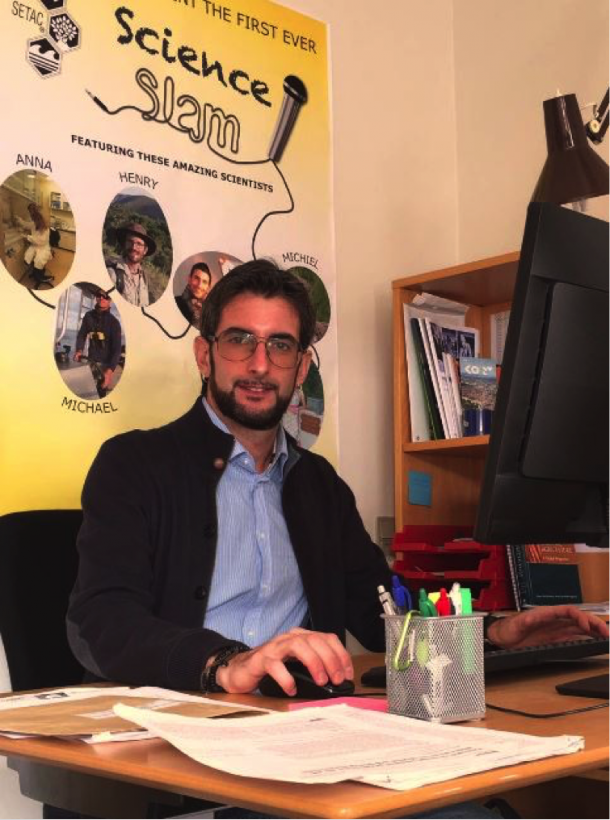Let us talk about Hybrid LCA
January 26, 2017 by Michele De Rosa
Last November the SETAC scientific committee accepted our session proposal for the upcoming SETAC Europe Annual Meeting to be held in Brussels in May 2017 titled ’Advancements in Hybrid Life Cycle Assessment methodologies and analyses’. This session represents a much needed opportunity for improving current LCA methodology.
LCA is today a well-established science-based comparative assessment tool. As part of its integrated product policy the European Commission has concluded that LCA is “the best framework for assessing the potential environmental impacts of products currently available” (EU-IPP 2017). But these roses to Life Cycle thinking are not without thorns.
In the last 25 years practitioners have been mainly been conducting process-based LCAs of products or services, relying on a bottom-up inventory data collection. This has proven to be both expensive and time-consuming, because data had to be collected for each process in the life cycle. Furthermore bottom-up inventories may provide a rather incomplete picture of the product systems if cut-offs are used – resulting in an incomplete system with predefined boundaries.
In 2003 the SETAC Europe – LCA Steering Committee created a thematic group working on merging the strengths of traditional process-based LCA with economic Input-Output (IO)databases and to bridge the gap between the IO and the LCA communities. Here at 2.-0 LCA consultants, we have been engaged and involved in the Hybrid approach since its infancy.
IO databases have the great advantage to cover the complete economy including economic transactions and environmental extensions for all industries in the economy. Thus, IO databases provide a high level of completeness (eliminating a need for cut-offs). The IO databases are then supplemented with the high level of detail from the usual process-based data.
SETAC and the broader LCA community have increasingly considered this methodology, but for various reasons the progress has been languid, as tradition, knowledge gaps and the initial lack of regional IO databases acted as barriers for a more widespread used of Hybrid LCA.
I believe that this is about to change and the upcoming Hybrid LCA session at SETAC Brussels and the great interest for it by LCA practitioners certifies this change. In the session, chaired by me and Jannick Schmidt, I am expecting to see many contributions on integrating process-based data into macroeconomic IO databases. We will see some very interesting real applications of the Hybrid LCA framework and will appreciate the potential of this technique when applied to case studies. The session also has a dedicated poster corner.
Hybrid LCA has much to offer to give us a more complete picture – thus giving us the freedom to edge in on those aspects of the production-related impacts that are currently not sufficiently addressed in LCA. In social LCA for example we might identify unexpected hotspots often excluded in LCA, such as socio-economic impacts on local economies and people related to commerce and business services.
I hope to see you in Brussels in May for this and many other scientific discussions.

References:
EU-IPP 2017. European Commission European Platform on Life Cycle Assessment (LCA). http://ec.europa.eu/environment/ipp/lca.htm (accessed 25/01/2017).